“Do not fear”
The words of the descending angels announcing the birth of the Christ child.
“Do not fear”
The words of the angel at the empty tomb to the women.
“Do not fear”
The words of Jesus to his frightened followers who had fled and later gathered
together.
With today’s headlines of brutality, people are fleeing in fear of their lives in many places in the world. With the decline of commodity prices, people are fearful for their employment. With those that have lost their jobs, fear resides in the mind, if not the heart, about how they and their loved ones may survive.
With the news of an undesired diagnosis, test results, or a fall, fear permeates life as one may face the end of life or diminished minds or mobility. Change can bring opportunity, but, more often than not, change’s uncertainty creates fear.
Fear impacts emotions and perceptions. Into our worlds of darkness is where Christ comes. This is the Christmas declaration. This is the Easter declaration. This is the promise that comes to us in baptism. This is the proclamation when we gather to worship.
“Do not fear….for I am with you always.
Thanks be to God! Blessed Christmas and a blessed day to us all.
Amen
The words of the descending angels announcing the birth of the Christ child.
“Do not fear”
The words of the angel at the empty tomb to the women.
“Do not fear”
The words of Jesus to his frightened followers who had fled and later gathered
together.
With today’s headlines of brutality, people are fleeing in fear of their lives in many places in the world. With the decline of commodity prices, people are fearful for their employment. With those that have lost their jobs, fear resides in the mind, if not the heart, about how they and their loved ones may survive.
With the news of an undesired diagnosis, test results, or a fall, fear permeates life as one may face the end of life or diminished minds or mobility. Change can bring opportunity, but, more often than not, change’s uncertainty creates fear.
Fear impacts emotions and perceptions. Into our worlds of darkness is where Christ comes. This is the Christmas declaration. This is the Easter declaration. This is the promise that comes to us in baptism. This is the proclamation when we gather to worship.
“Do not fear….for I am with you always.
Thanks be to God! Blessed Christmas and a blessed day to us all.
Amen
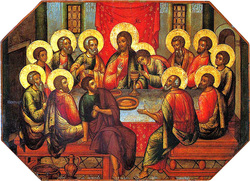
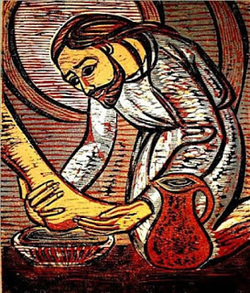
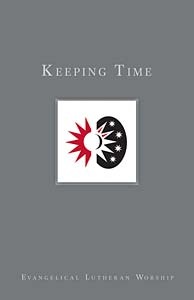
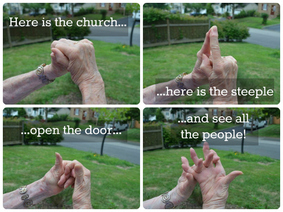
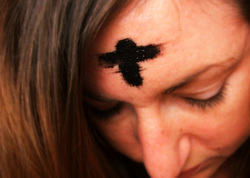
 RSS Feed
RSS Feed
